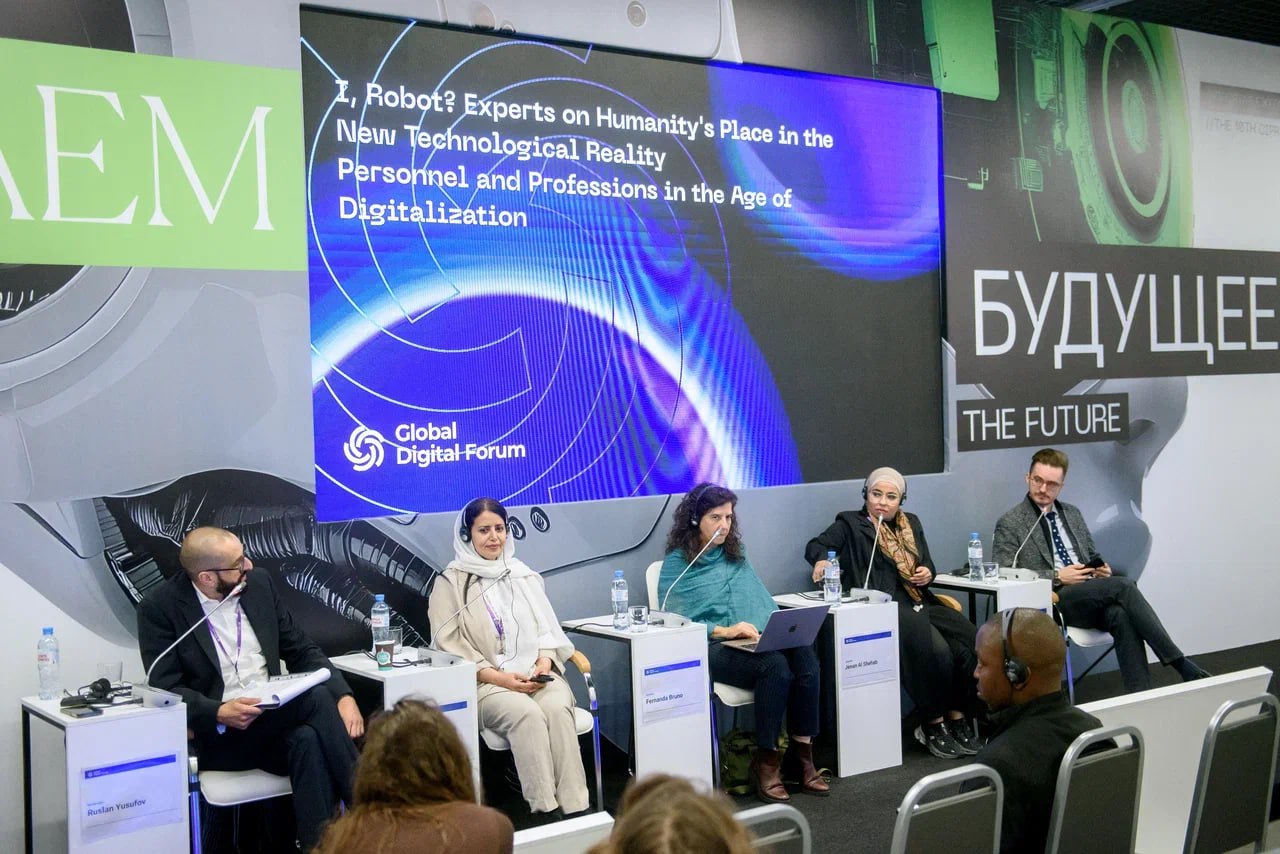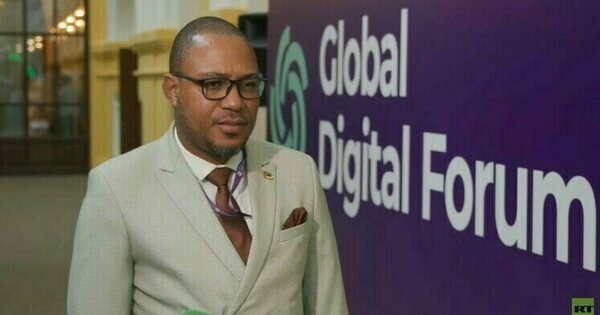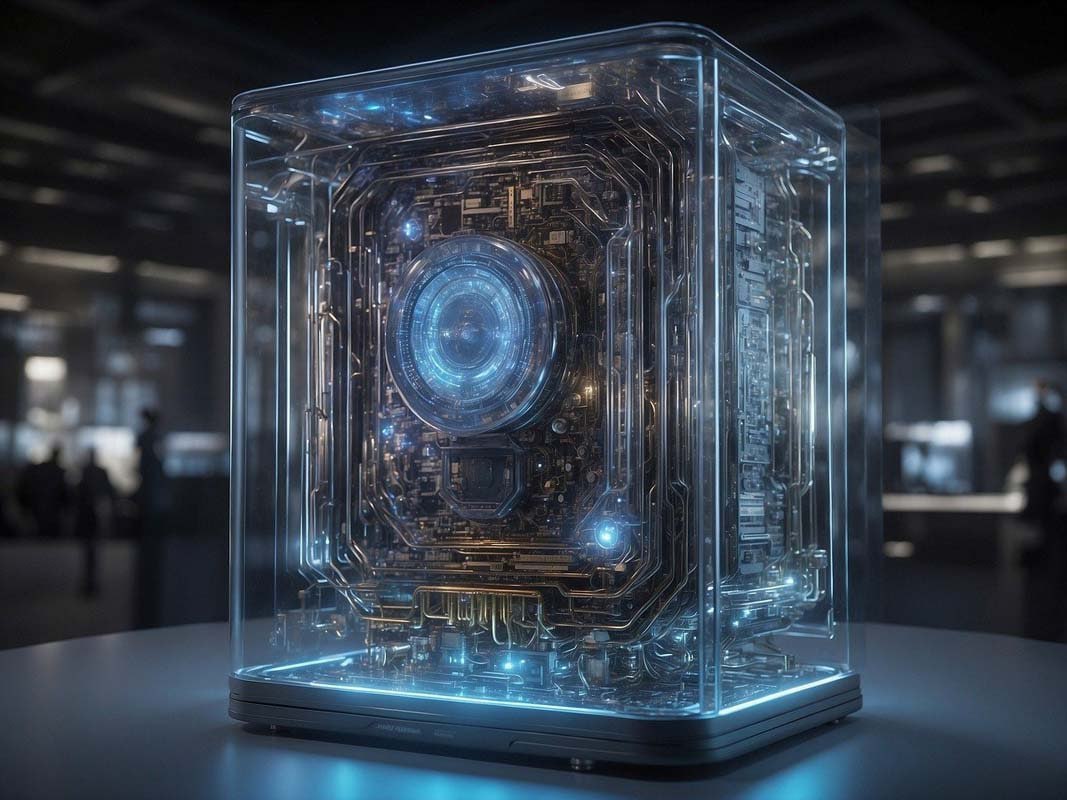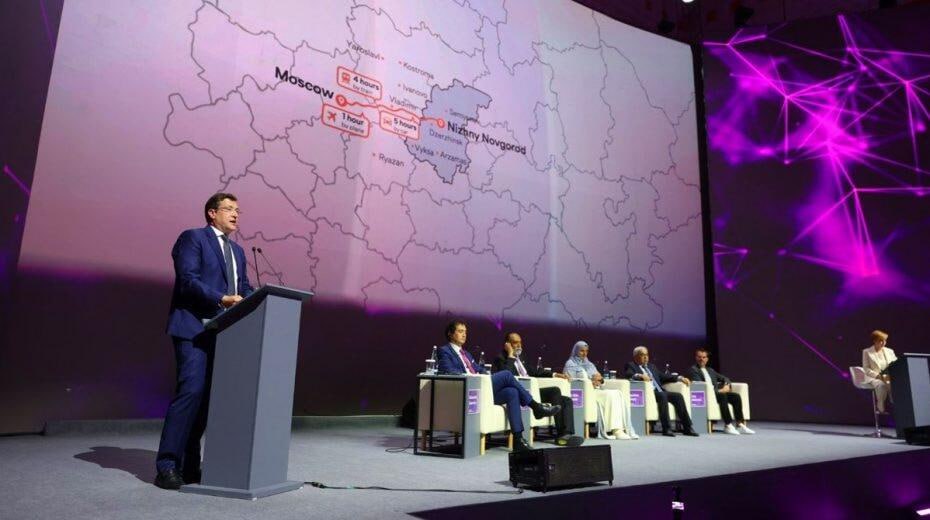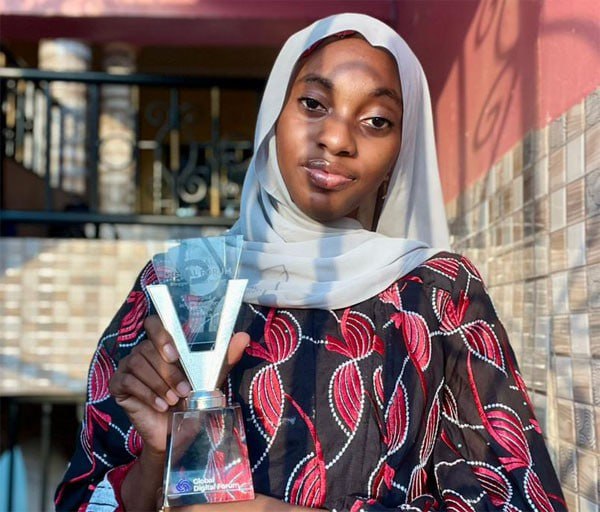Скорость технологических изменений уже превышает скорость их осмысления. Искусственный интеллект перестал быть инструментом для автоматизации рутины и превратился в силу, которая ставит под вопрос саму суть человеческой роли в мире. Впервые в истории мы столкнулись с экзистенциальным вызовом собственной неконкурентоспособности.
Эта трансформация порождает фундаментальные вопросы. Где проходит граница между усилением человека и его замещением? Кто несет ответственность за решения, принятые алгоритмом? И как сохранить наши ценности в реальности, где сама свобода воли может оказаться под угрозой? Эти дилеммы стали центральной темой дискуссии «Я, Робот?». Под модерацией футуролога, основателя и управляющего партнера MINDSMITH Руслана Юсуфова (Россия), ведущие международные визионеры попытались нащупать место человека в формирующейся на наших глазах технологической реальности.
Долина смерти для новичков
Успокаивающая мантра технологических гигантов о «партнерстве» и «усилении человека» разбивается о суровую правду рынка труда. На практике ИИ вытесняет именно младших специалистов, создавая, по наблюдению Константина Вишневского из НИУ ВШЭ (Россия), парадоксальную «долину смерти». Система, которая блокирует вход в профессию для новичков, лишает их шанса стать опытными экспертами, которые потенциально должны этой системой управлять. Это формирует не просто разрыв в компетенциях, а предпосылки для нового кастового общества. Социальные лифты останавливаются, и мы рискуем получить замкнутую техно-элиту, еще способную управлять технологией, и растущий класс «лишних людей», чей путь наверх отрезан алгоритмом еще на старте.
Вакцины не существует
Иллюстративным диагнозом текущей ситуации стала аналогия Дженан Аль-Шехаб из ELECTRODIS Tech (Кувейт) с недавним прошлым — пандемией коронавируса. Суть не в самой опасности, а в тотальной неготовности к ИИ. Как и в случае с COVID-19, человечество столкнулось с явлением, к которому не было ни готовых протоколов, ни социального иммунитета. Наша правовая и этическая системы, созданные для более медленного мира, оказались в роли системы здравоохранения в начале пандемии: они не справляются с потоком, работая в режиме постоянной перегрузки и реагируя на уже случившиеся кризисы, а не предотвращая их. Эту ситуацию, как отметила Фадва Аль-Баварди (Саудовская Аравия), усугубляет то, что «разносчики» — технологические корпорации — мотивированы прибылью и сознательно ускоряют внедрение, игнорируя побочные эффекты. В итоге общество не управляет технологией, а лишь пытается лечить ее последствия, всегда отставая на несколько шагов.
Кто здесь настоящий робот?
Одним из преимуществ человеческой уникальности принято считать эмпатию. Но и эта граница размывается. У машины нет чувств, но ее симуляция поддержки часто оказывается эффективнее живого общения: она доступна 24/7 и лишена осуждения. Этот комфорт быстро входит в привычку, становясь все большей угрозой. Как заметила Дженан Аль-Шехаб, алгоритм дает не то, что полезно, а то, что вы хотите услышать, замыкая вас в коконе собственных заблуждений.
Логика делегирования распространяется и на корпоративные решения: «плохие» поступки, вроде увольнений, можно переложить на бесчувственную машину, а «хорошие» оставить человеку. Однако вопрос «А вы считаете, у Илона Маска есть чувства?» вызвал у аудитории наибольший отклик. Проблема не в том, что машины становятся похожими на людей, а в том, что люди, имеющие полномочия влиять на наше будущее, все чаще действуют радикальнее бездушных алгоритмов.
Незаметная роботизация сознания
Возможно, самая тревожная угроза, прозвучавшая в ходе дискуссии, — это не замена человека на рабочем месте, а незаметная перепрошивка его собственного сознания. Фернанда Бруно из MediaLab.UFRJ (Бразилия) обратила внимание на то, что современные платформы нацелены на сбор и анализ наших бессознательных реакций. В основе этой модели лежит спорная и опасная вера в то, что массив неосознанных данных раскрывает истину о человеке лучше, чем он сам. Это создает новую форму власти, невидимую и тотальную. Дискуссия обнажила главный парадокс цифровой эпохи: на вопрос «хотите ли вы жить в мире, где ваши желания угадываются?» большинство ответит «да». Но это лишь красивая обертка для другого вопроса: «не хотите ли вы стать рабом алгоритма, который формирует ваше восприятие реальности?». Так, под видом идеального сервиса происходит подмена свободы воли алгоритмическим детерминизмом, и мы рискуем добровольно превратиться в тех самых биороботов, которых боялись.
Кто пишет сценарий?
Дискуссия не дала простых рецептов, но кристаллизовала ключевые ориентиры для движения вперед. По общему мнению экспертов, здоровый симбиоз человека и машины невозможен без фундаментальной этики, заложенной в код. Эта этическая рамка, в свою очередь, требует четкой ответственности от всех игроков — от корпораций до государств. А защититься от глобальной монополии на мышление и сохранить культурные ценности поможет лишь подлинное техноразнообразие. Это не просто красивый термин, а призыв к сопротивлению глобальной монокультуре, которую навязывают несколько платформ — идея создания множества независимых, культурно и этически суверенных технологических экосистем, способных сохранить разнообразие человеческого опыта.
В конечном счете главный вызов сегодня — не технологический, а гуманитарный. И ключевой вопрос не в том, смогут ли машины думать как люди, а в том, хватит ли у нас воли и осознанности, чтобы не начать действовать, как машины.
